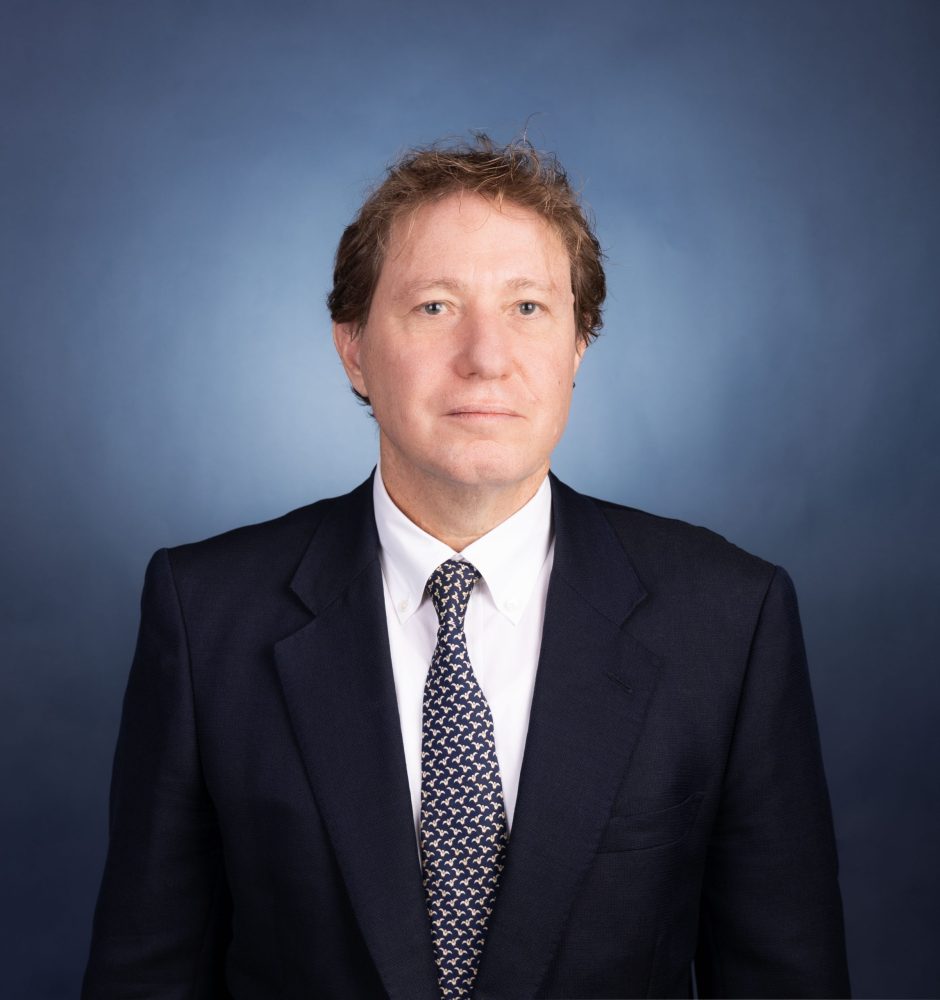Startups are often drivers of innovation, job creation, and economic growth. As Hong Kong undergoes a reinvention of its innovation and technology development, there is a need to frame Hong Kong's startup ecosystem development from a qualitative firm-level microeconomic perspective. In chapter 5, Alberto Moel examines how the ecosystem structure relates to startup lifecycles and finds that the ecosystem is weakest at the intermediate "Valley of Death" stages – precisely where startups need the most support. Because technology entrepreneurship in Hong Kong remains poorly understood, existing research often develops in isolation from industry needs, making it difficult to tease out a product and market. Moreover, interactions and integration between business schools and early-stage R&D efforts are weak, and the current accelerator and incubator programs usually fail to provide tools for long-term growth.

- ScD in Electrical Engineering, Massachusetts Institute of Technology, 1993
- MBA, Harvard Business School, 1996
- MS in Electrical Engineering, Massachusetts Institute of Technology, 1988
- BS in Electrical Engineering, Massachusetts Institute of Technology, 1986
Currently, Professor of Practice in Finance at the University of Hong Kong.
Concurrently, Vice President at Symbotic, Inc. Previously, VP, Partnerships and Strategy at Veo Robotics, making industrial robots collaborative (acquired by Symbotic, Inc.) Before that, Senior Research Analyst at Sanford C. Bernstein in Hong Kong, covering Asian high technology companies in the automation and robotics, manufacturing technology, display, and PC OEM sectors; and Principal in the Hong Kong office and co-leader of the Tokyo office of Monitor Group.
In addition, Professor and Lecturer at the Hong Kong University of Science and Technology and at Harvard Business School, co-founded a successful Brazilian hedge fund, and worked at JP Morgan (New York and Mexico City), Toshiba Corporation in Japan, and IBM Corporation in New York, Cambridge, and Zurich.
- FINA 1310 Corporate Finance
- Entrepreneurship
- Venture Capital
Authored or co-authored over 600 company reports and research notes on Asian IT hardware (displays, display glass, automation and robotics, PCs, and electronics manufacturing), and was main author or co-author on 30 Bernstein Blackbook in-depth analyses aimed at professional investment managers. Also authored or co-authored 16 Harvard Business School cases in finance.
- “Czech mate: Expropriation and investor protection in a converging world”, (with Mihir Desai), 2008. Review of Finance 12, p. 221-251. Third-place winner, ECGI Corporate Governance Competition, 2005. Abstracted in Beyond Transition (15:1), World Bank, Oct/Nov/Dec 2004.
- “The role of expectations in explaining the cross-section of stock returns”, (with Tom Copeland and Aaron Dolgoff), 2004. Review of Accounting Studies 9, p. 149-188.
- “Selling company shares to reluctant employees: France Telecom’s experience”, (with Francois Degeorge, Dirk Jenter and Peter Tufano), 2004. Journal of Financial Economics 71, p. 169-202.
- “When are real options exercised? An empirical study of mine closings”, (with Peter Tufano), 2002, Review of Financial Studies 15, p. 35-64.





